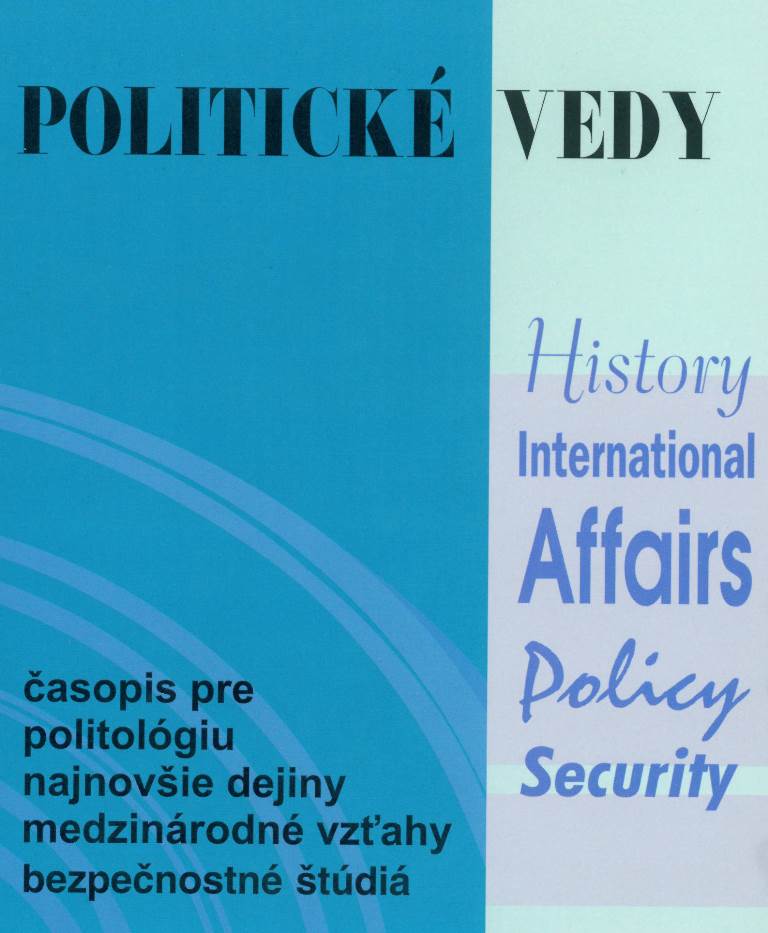Obraz Sovětského svazu ve třetí Československé republice (1945 – 1948) jako nástroj prosovětské politiky
Image of the Soviet Union in the Third Czechoslovak Republic (1945 - 1948) as a Pro-Soviet Policy Instrument
Author(s): Jan BurešSubject(s): Political Sciences, International relations/trade, WW II and following years (1940 - 1949), Politics of History/Memory
Published by: Univerzita Mateja Bela
Keywords: image of the USSR in Czechoslovakia; Third Republic; cultural hegemony; Munich crisis; Marshall Plan; Allied treaty of 1943; fear of Germany; Slavic mutuality; people´s democracy;
Summary/Abstract: The research of the question of forming of the image of the Soviet Union in the post-war Czechoslovakia was in the forefront of the attention of historians, especially during the Communist regime. However, their interpretations were markedly marked by contemporary ideological constraints. Today, in the context of discussions about changes in the political systems of the new democracies in Central Europe, the development of this region after the Second World War is updated. The basic interpretative framework of the existing research on this topic were political events. Hence, in the present study, a new interpretation scheme based on the theory of cultural hegemony of A. Gramsci was proposed, because it helps to understand the meaning of ideological interpretation of social phenomena. The results show that the successful reinterpretation of the past played key role in the success of the Communists. At the same time, they have largely enforced the media by interpreting the Soviet model of society as a progressive alternative that goes beyond Western liberal capitalism, which has exhausted itself by historical compromises and partially compromised by collaboration with fascism. We show the inconsistency of the fear of post-war Czechoslovak society and politicians about the possibility of restoring strong Germany and the possible continuation of the conflict with them. The possibility of further research shows, first of all, why such an important role in the societal orientation of the society was played by the fears of politicians and a large part of the public about the possibility of rebuilding strong Germany and eventually repeating the conflict with it.
Journal: Politické vedy
- Issue Year: 21/2018
- Issue No: 3
- Page Range: 8-31
- Page Count: 24
- Language: Czech

